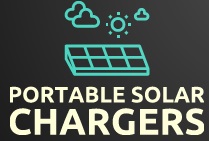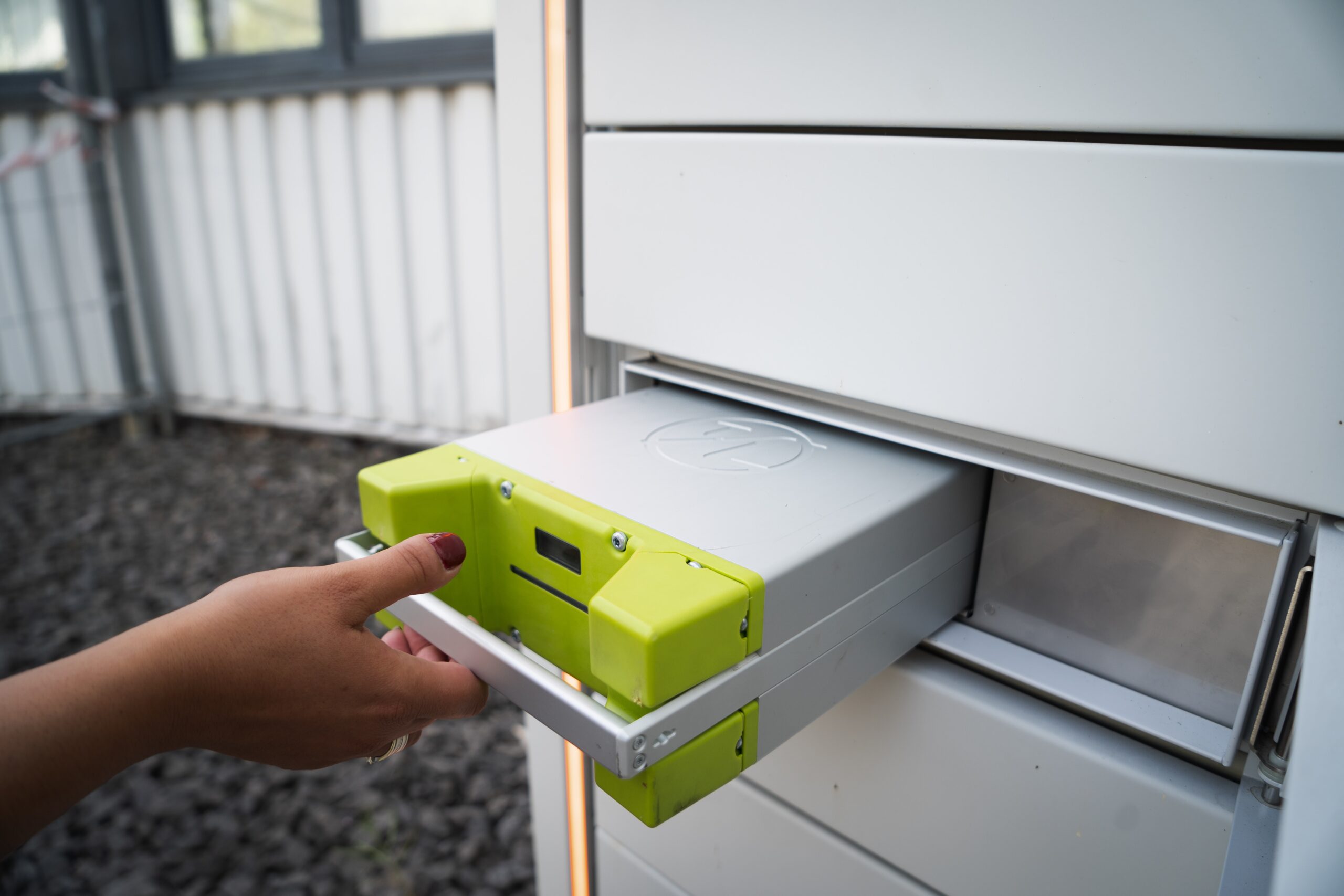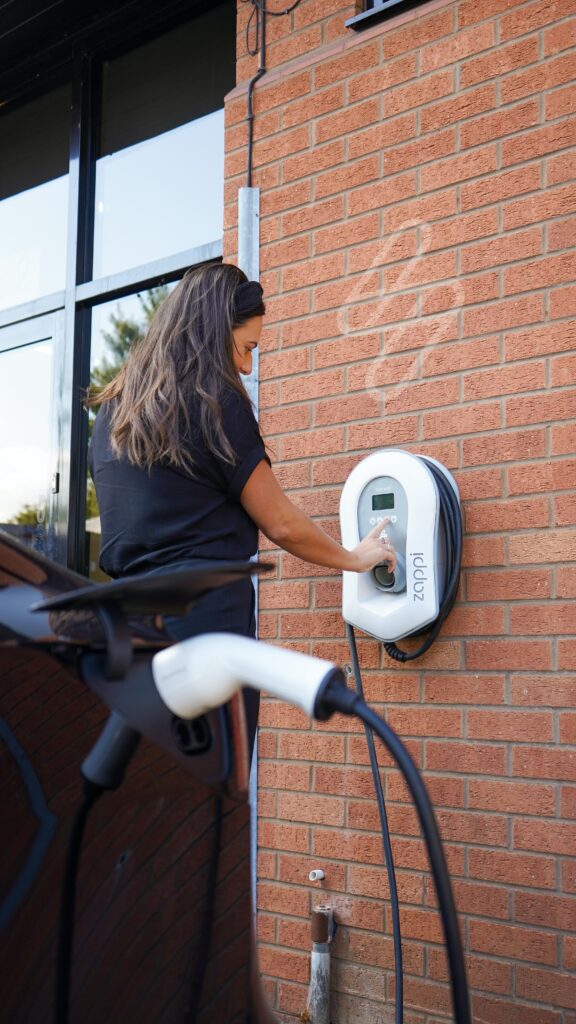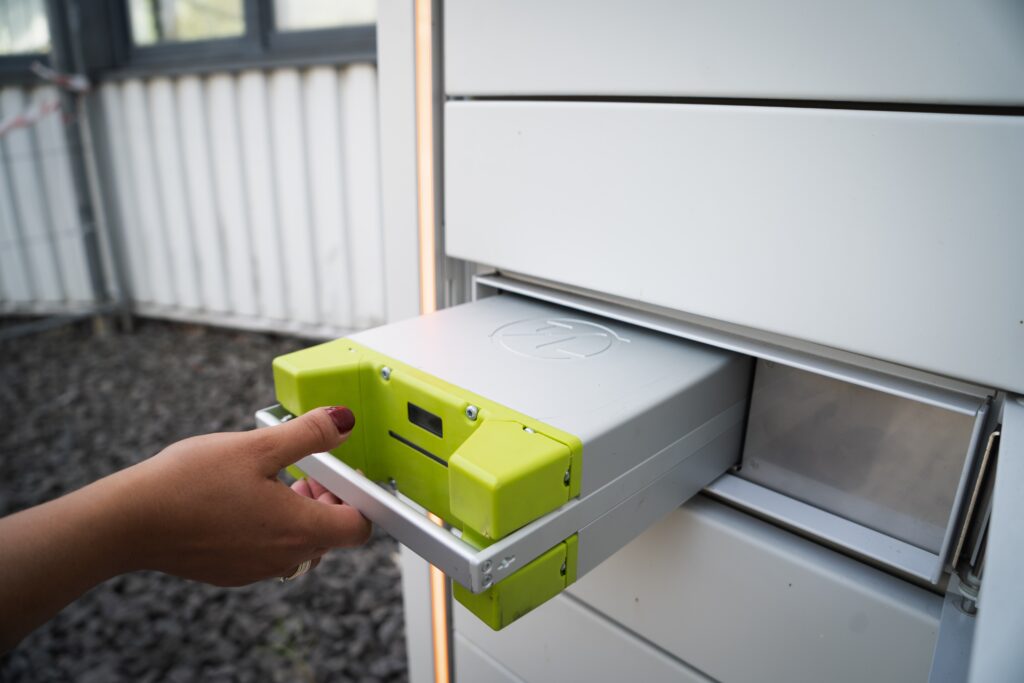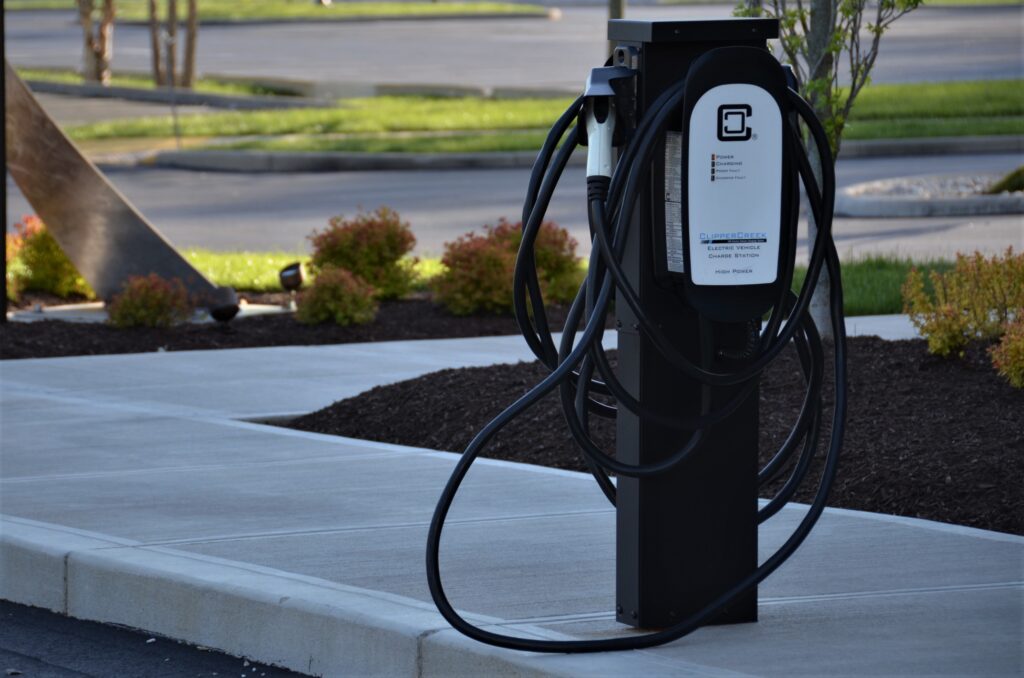If you’ve ever wondered whether you can use a solar charger for your boat or marine battery, the answer is yes! Harnessing the power of the sun to charge your battery is not only convenient, but also environmentally friendly. By using a solar charger, you can eliminate the need for traditional charging methods and rely on renewable energy to keep your boat and marine battery charged and ready for your next adventure on the water. So, let’s explore the benefits and considerations of using a solar charger for your boat or marine battery.
Benefits of Using a Solar Charger for Boat or Marine Battery
1. Environmentally friendly
Using a solar charger for your boat or marine battery is a great way to reduce your carbon footprint and minimize your impact on the environment. Solar energy is a clean and renewable source of power, which means that it produces no harmful emissions or pollutants. By harnessing the power of the sun, you can significantly reduce your reliance on traditional energy sources and help combat climate change.
2. Cost-effective
One of the major advantages of using a solar charger for your boat or marine battery is the cost savings it can provide. While the initial investment may be higher compared to traditional charging systems, the long-term savings are substantial. Solar energy is free, and once you have purchased and installed the solar charger, you won’t have to spend any more money on fuel or electricity for charging your battery.
3. Reliable power source
Solar chargers are designed to convert sunlight into electricity, providing a reliable power source for your boat or marine battery. As long as there is sunlight, the solar charger will generate electricity, ensuring that your battery remains charged and ready to use. This reliability is especially important if you rely on your boat for activities such as fishing or weekend getaways, where you need a fully charged battery at all times.
4. Extended battery lifespan
Traditional charging methods, such as using an onboard generator or plugging into shore power, can potentially shorten the lifespan of your boat or marine battery. These charging methods can sometimes overcharge the battery or provide inconsistent voltage, leading to damage and reduced battery life. On the other hand, solar chargers provide a steady and controlled charging process, which can help extend the lifespan of your battery and save you money in the long run.
5. Increased independence
By using a solar charger for your boat or marine battery, you can increase your independence and reduce your reliance on external power sources. This is particularly beneficial for those who enjoy boating in remote areas or on long trips where access to shore power may be limited or unavailable. With a solar charger, you can generate your own power wherever you are, allowing you to stay out on the water for longer periods without worrying about running out of battery power.
6. Versatile charging options
Solar chargers come in various types and sizes, offering you flexible charging options for your boat or marine battery. Whether you have a small boat with limited space or a larger vessel with higher power requirements, there is a solar charger available to suit your needs. From flexible and rigid solar panels to folding panels and solar panel kits, you can choose the option that best fits your boat and charging requirements.
Considerations before Using a Solar Charger
1. Power requirements
Before purchasing a solar charger for your boat or marine battery, it is essential to determine your power requirements. Consider the appliances and equipment you will be using on your boat, such as lights, navigation systems, radios, and refrigeration units. Calculate the total wattage and power consumption to ensure that the solar charger you choose can meet your needs effectively.
2. Solar panel size
The size of the solar panel is another crucial consideration when choosing a solar charger. The size of the solar panel will determine the amount of electricity it can generate. Assess the available space on your boat and choose a solar panel size that fits within these dimensions while still providing enough power to charge your battery adequately.
3. Battery compatibility
Not all solar chargers are compatible with all types of boat or marine batteries. Some chargers are designed specifically for certain battery chemistries or voltage ratings. Before purchasing a solar charger, make sure to check the compatibility requirements and ensure that it is suitable for your specific battery type.
4. Installation and mounting
Consider the installation and mounting options of the solar charger. Depending on the type of solar charger you choose, it may require drilling or mounting brackets. Determine if you have the necessary tools and skills for the installation process, or if you will need to hire a professional to ensure a proper and secure installation.
5. Weather conditions
Solar chargers rely on sunlight to generate electricity, so it is important to consider the weather conditions in your boating area. If you frequently navigate in cloudy or overcast regions, the efficiency of your solar charger may be reduced. However, advancements in solar technology have made it possible for solar chargers to produce electricity even in low light conditions, making them a viable option in a wide range of weather conditions.
6. Maintenance and cleaning
To ensure the optimal performance of your solar charger, regular maintenance and cleaning are necessary. Solar panels can accumulate dirt, dust, and debris over time, which can reduce their efficiency. Regular inspections, cleaning, and maintenance of your solar charger will help maximize its power output and extend its lifespan.
Choosing the Right Solar Charger for Your Boat or Marine Battery
1. Determine power needs
Before choosing a solar charger, accurately determine your power needs by calculating the total wattage and power consumption of the appliances and equipment you plan to use on your boat. This will help you select a solar charger that can provide enough power to meet your requirements.
2. Look for marine-grade solar chargers
When choosing a solar charger for your boat or marine battery, it is important to select one that is specifically designed for marine applications. Marine-grade solar chargers are built to withstand harsh marine environments, including exposure to water, humidity, and salt. Look for chargers with waterproof and corrosion-resistant features to ensure durability and longevity.
3. Consider charging options
Different solar chargers offer various charging options. Some chargers connect directly to the battery, while others use a charge controller as an intermediate connection. Consider your preferences and requirements to choose a charger with the charging option that suits you best.
4. Evaluate charging efficiency
Charging efficiency is an important factor to consider when selecting a solar charger. The efficiency of a solar charger determines how effectively it can convert sunlight into usable electricity. Look for chargers with high-efficiency solar panels and advanced technologies, such as maximum power point tracking (MPPT), to ensure optimal charging performance.
5. Assess durability and waterproofing
Since your boat or marine battery will be exposed to water and potentially harsh conditions, it is crucial to choose a solar charger that is durable and waterproof. Look for chargers with sturdy construction and reliable waterproof seals to ensure that they can withstand the rigors of a marine environment.
6. Read customer reviews and ratings
Before making a final decision, take the time to read customer reviews and ratings for the solar chargers you are considering. Reviews from other boat owners can provide valuable insights and help you assess the reliability, performance, and overall satisfaction with the product.
Types of Solar Chargers for Boat or Marine Battery
1. Flexible solar panels
Flexible solar panels are lightweight and versatile, making them ideal for boats with curved surfaces or limited mounting space. They can be easily installed using an adhesive backing and provide a seamless integration with the boat’s design.
2. Rigid solar panels
Rigid solar panels are more traditional in design, consisting of a solid frame that holds the solar cells. They are ideal for larger boats with flat surfaces or ample mounting space. Rigid panels are known for their durability and higher power output compared to flexible panels.
3. Folding solar panels
Folding solar panels are portable and convenient, as they can be easily folded and stored when not in use. They are suitable for boats with limited space or for those who require a portable charging solution.
4. Solar panel kits
Solar panel kits come with all the necessary components to set up a complete solar charging system for your boat or marine battery. These kits typically include solar panels, a charge controller, mounting brackets, and wiring. They offer a convenient and hassle-free option for those who want a comprehensive solution in one package.
5. Solar trickle chargers
Solar trickle chargers are designed to maintain the charge in your boat or marine battery over an extended period. They are typically low-powered and can be connected directly to the battery, ensuring a slow and steady charge.
6. Portable solar generators
Portable solar generators are versatile charging options that provide a complete power solution for your boat. They combine solar panels, a charge controller, and a built-in battery storage system, allowing you to generate and store electricity for later use.
Installation and Setup Process for Solar Chargers
1. Assess boat or marine battery setup
Before installing a solar charger, assess your boat or marine battery setup. Determine the available space for mounting the solar panels, the distance between the panels and the battery, and the necessary wiring requirements.
2. Determine optimal solar panel placement
To maximize the solar charger’s efficiency, find the optimal placement for the solar panels. Aim for a location that receives the most sunlight throughout the day, ensuring that the panels are not shaded by any obstructions, such as antennas or equipment.
3. Mounting options and considerations
Choose the appropriate mounting option based on the type of solar charger you have. Depending on the design of your boat, you may need to install mounting brackets or use adhesive backing to affix the solar panels securely.
4. Connect solar panels to charge controller
Follow the manufacturer’s instructions to connect the solar panels to the charge controller. This typically involves connecting the positive and negative leads from the solar panels to the corresponding terminals on the charge controller.
5. Connect charge controller to battery
After connecting the solar panels to the charge controller, connect the charge controller to your boat or marine battery. Again, follow the manufacturer’s instructions to ensure proper wiring, making sure to connect the positive and negative leads correctly.
6. Test and monitor charging system
Once the solar charger is installed and connected, test the charging system to ensure it is functioning correctly. Monitor the charging levels on your battery and make any necessary adjustments to optimize the performance of the solar charger.
Solar Charger Maintenance and Troubleshooting
1. Regular solar panel inspections
Regularly inspect your solar panels for any signs of damage or debris buildup. Check for cracks, loose connections, or any other issues that could affect the performance of the charger. If you notice any problems, address them promptly to prevent further damage.
2. Clean solar panels properly
Cleaning your solar panels regularly is essential to maintain their efficiency. Use a soft cloth or sponge with a mild detergent to remove dirt, dust, and grime from the surface of the panels. Avoid using harsh chemicals or abrasive materials, as they can scratch or damage the panels.
3. Check connections and wiring
Periodically check the connections and wiring of your solar charger to ensure they are secure and functioning properly. Loose connections or damaged wiring can disrupt the charging process and reduce the efficiency of the charger.
4. Monitor battery charge levels
Monitor the charge levels of your boat or marine battery regularly. Check for any changes in charging patterns or unusual fluctuations in voltage. This will help you identify any potential issues with the solar charger or the battery itself.
5. Address potential issues
If you encounter any issues with your solar charger or your boat or marine battery, address them as soon as possible. Consult the manufacturer’s instructions or seek professional help to diagnose and resolve any problems.
6. Seek professional help if needed
If you are unsure about any aspect of solar charger maintenance or if you encounter a complex issue, do not hesitate to seek professional help. Certified technicians and solar experts can provide valuable advice and assistance in troubleshooting and resolving problems.
Frequently Asked Questions (FAQs)
1. Can solar chargers completely replace onboard charging systems?
Solar chargers can effectively replace onboard charging systems for many boating applications. However, it is important to assess your power requirements and choose a solar charger that can meet those needs. In some cases, you may need to supplement solar charging with other charging methods for optimal power generation.
2. How long does it take to charge a boat or marine battery with solar?
The charging time for a boat or marine battery with solar will vary depending on factors such as the solar charger’s power output, the battery’s capacity, and the amount of sunlight available. Generally, it can take several hours to a full day to fully charge a battery using a solar charger.
3. Can I use a solar charger while using my boat?
Yes, you can use a solar charger while using your boat. As long as there is sunlight, the solar charger will generate electricity and charge your battery, allowing you to power your boat’s appliances and equipment while enjoying your time on the water.
4. What happens when there is insufficient sunlight?
When there is insufficient sunlight, the solar charger will not generate enough electricity to fully charge your boat or marine battery. In such cases, it may be necessary to rely on alternative charging methods or have a backup power source, such as a generator or shore power.
5. Are there any safety concerns with using solar chargers?
When installed and used properly, solar chargers are generally safe to use. However, it is important to follow the manufacturer’s instructions and take necessary precautions to prevent accidents. Avoid touching live electrical components, and if you are not confident in your installation or troubleshooting skills, seek professional help.
6. Can a solar charger overcharge my battery?
Most solar chargers are equipped with charge controllers that regulate the charging process, preventing overcharging or damage to the battery. However, it is important to choose a solar charger with an appropriate charge controller for your battery type to ensure proper charging and prevent overcharging.
